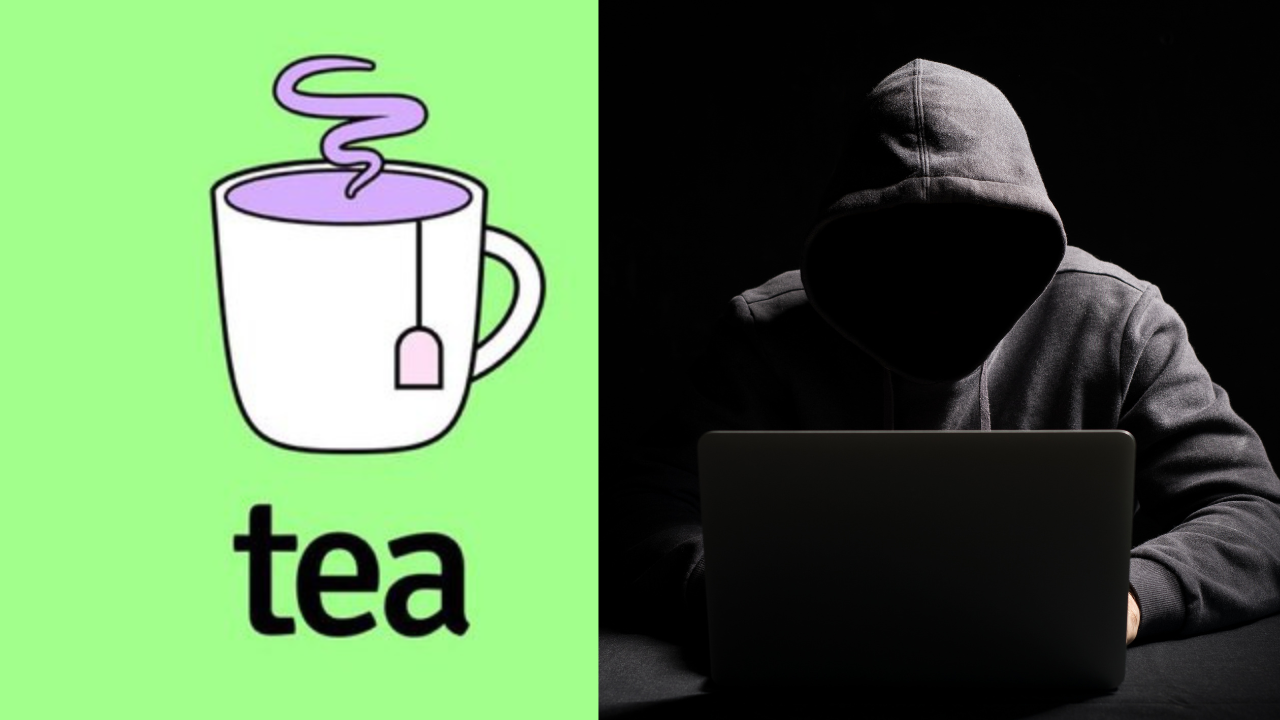A social app designed to help women vet potential dates and expose red flags has become a nightmare for users after a massive data breach left private images floating online. According to the Associated Press, Tea, the invite-only app where women anonymously discuss men they’ve dated or matched with online, was hacked, resulting in the exposure of over 72,000 driver’s license photos used for account verification — and an additional 59,000 personal images from posts, comments, and DMs.
The breach has shaken users who trusted the app for its promise of privacy, safety, and sisterhood. And while no phone numbers or emails were compromised, the leaked content includes selfies, IDs, and screenshots, now reportedly circulating across forums like 4Chan.
RELATED STORIES: Federal Government Now Accepting Venmo Payments to Help Pay Off National Debt
App Used to Help Women Avoid ‘Catfish’ Backfires With Public Leak
Tea was originally created as a space for women to anonymously share experiences with men they met on dating apps like Tinder, Bumble, and Hinge — or in person — to protect each other from scams, catfishing, and unsafe behavior. According to 404 Media, users on 4Chan discovered a vulnerability in the app and leaked the images in a public thread before it was taken down. Screenshots showed ID cards, selfies, and DMs, many of which appeared to belong to young women who likely had no idea their personal info was exposed.
Tea Responds: Says Breach Impacted Users Before February 2024
In a statement, Tea tried to ease public panic, stating:
“Tea has engaged third-party cybersecurity experts and are working around the clock to secure its systems. At this time, there is no evidence to suggest that additional user data was affected. Protecting Tea users’ privacy and data is their highest priority.”
The company clarified that the breach only affected users who signed up before February 2024, and no contact information like emails or phone numbers was accessed. Still, the fact that users’ government-issued IDs and private selfies were viewable by hackers — especially from a platform centered on safety — has ignited fierce backlash.







